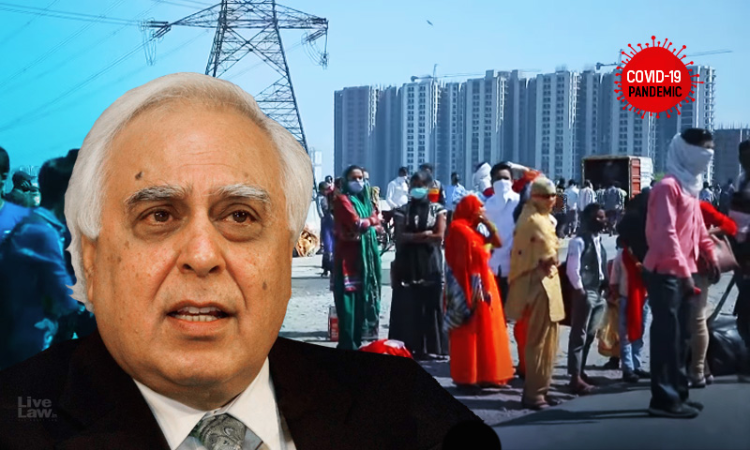No National Plan, Minimum Standards As Per Disaster Management Act For Lockdown : Sr Adv Kapil Sibal Tells SC
Sanya Talwar
28 May 2020 8:00 PM IST

Next Story
28 May 2020 8:00 PM IST
After an intense exchange of arguments that ensued in the Supreme Court today, on the issue of country-wide plight surroundings Migrant Workers amid lockdown, Top Court passed a number of notable directions to allay their miseries.Solicitor General Tushar Mehta appeared for the Centre while Senior Advocates Kapil Sibal, Colin Gonsalves, Indira Jaising appeared for the Intervenors in the Suo...
